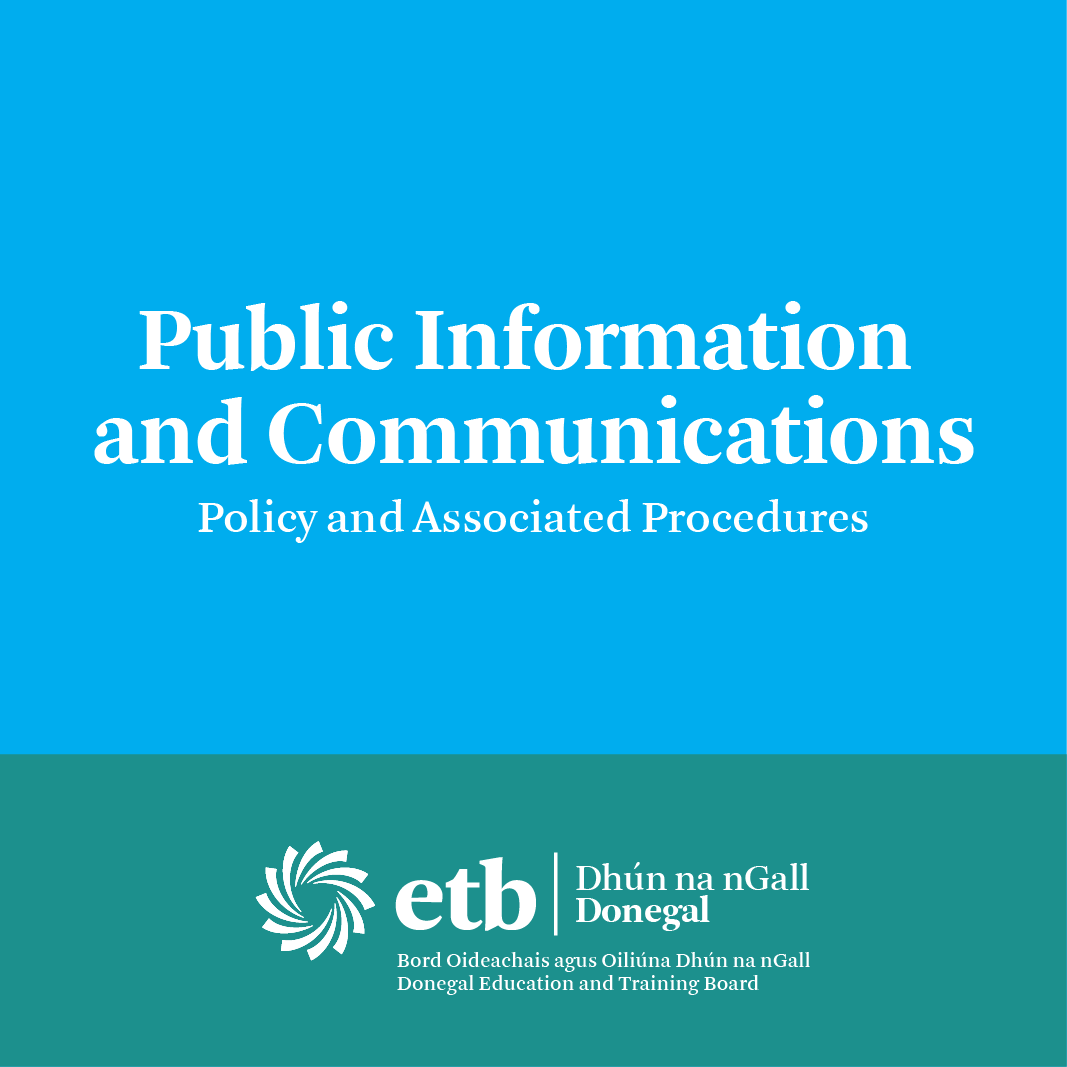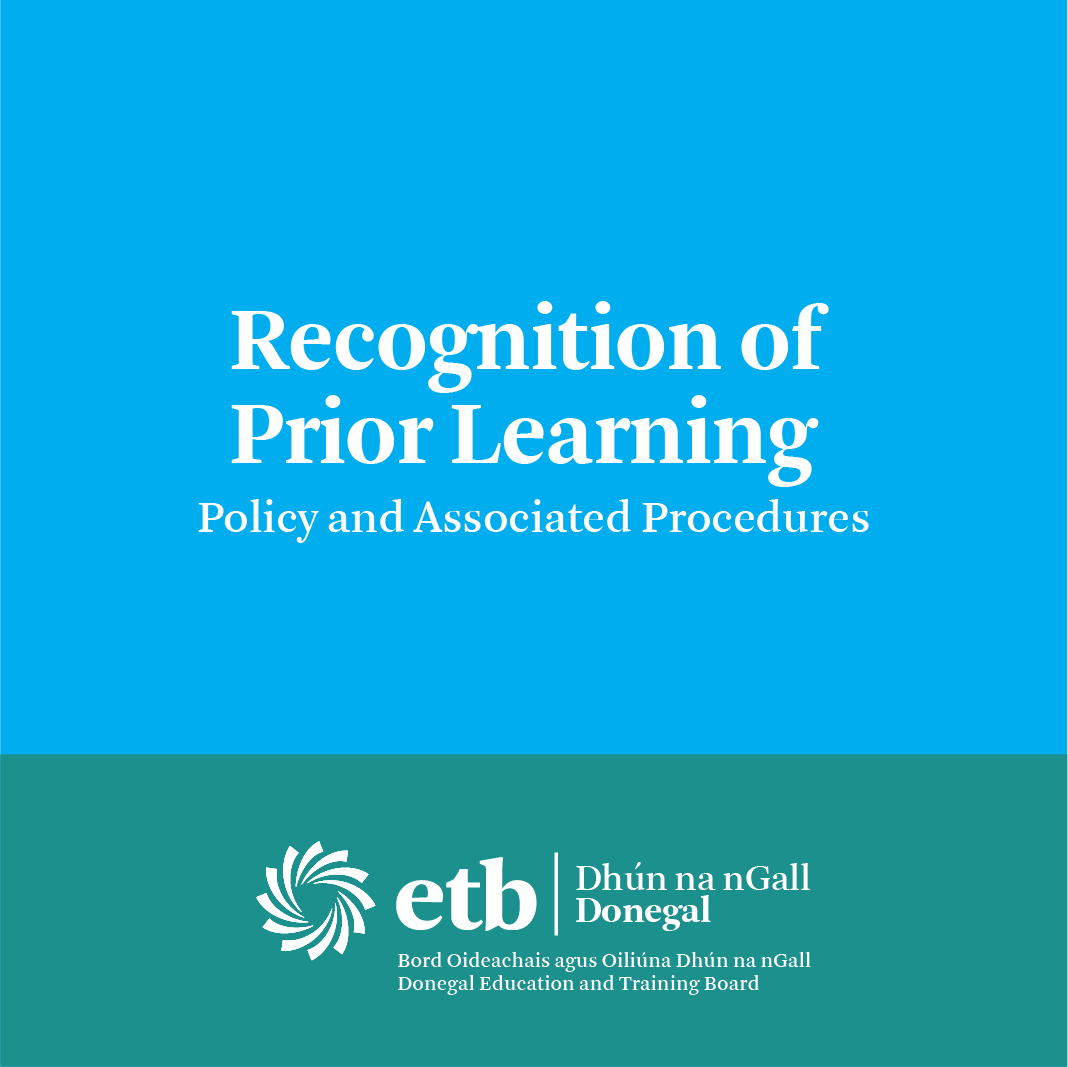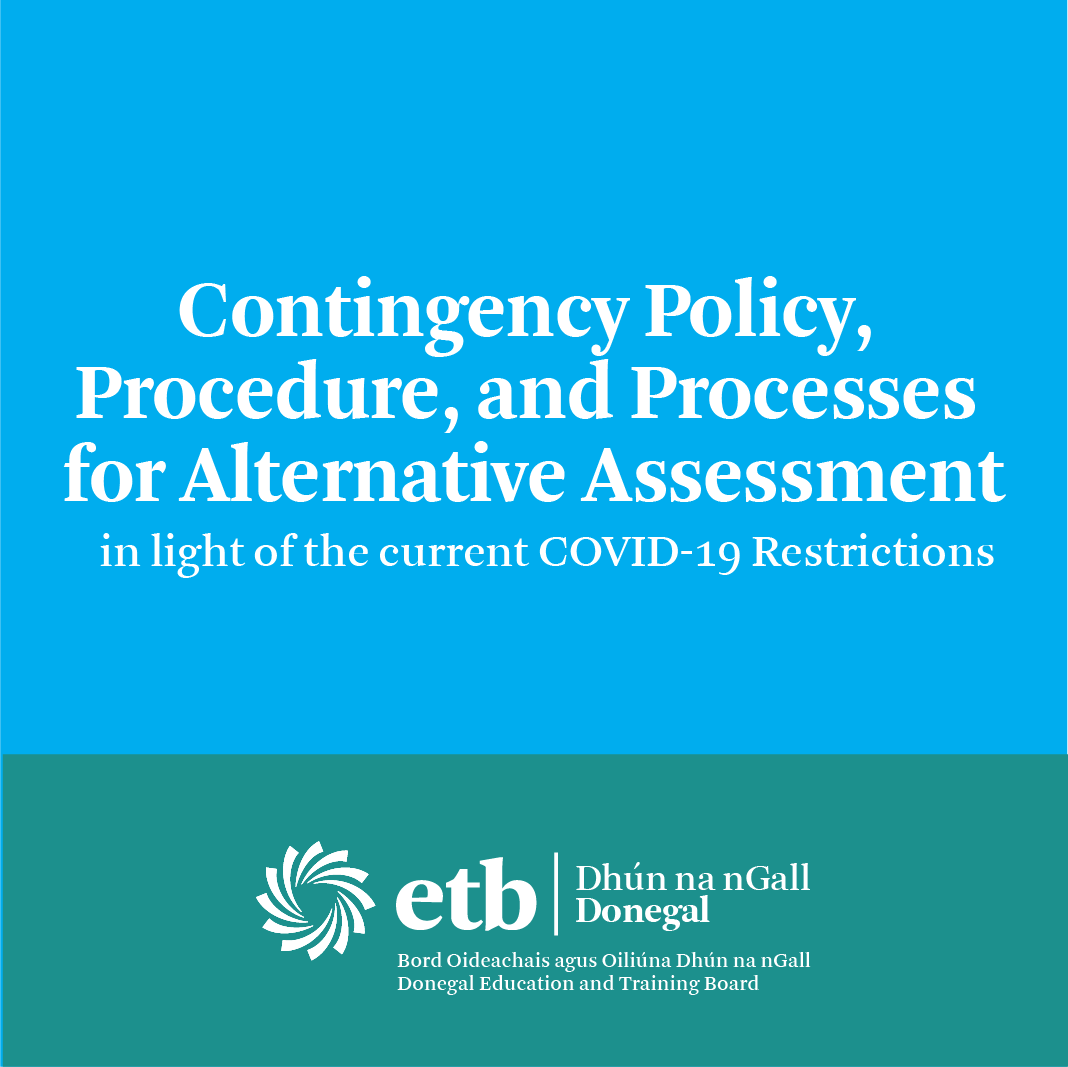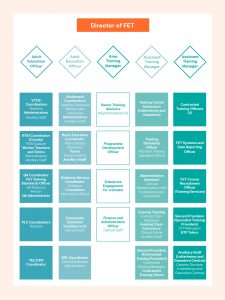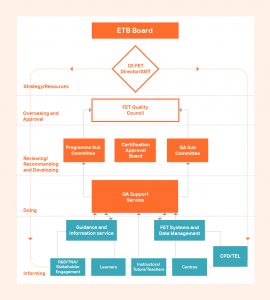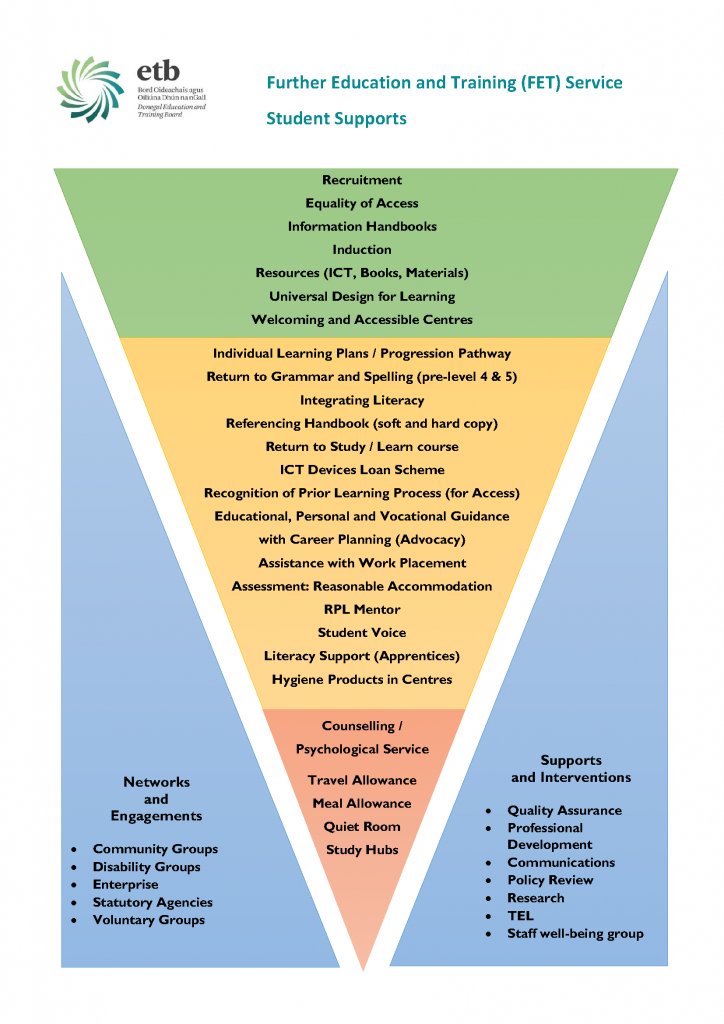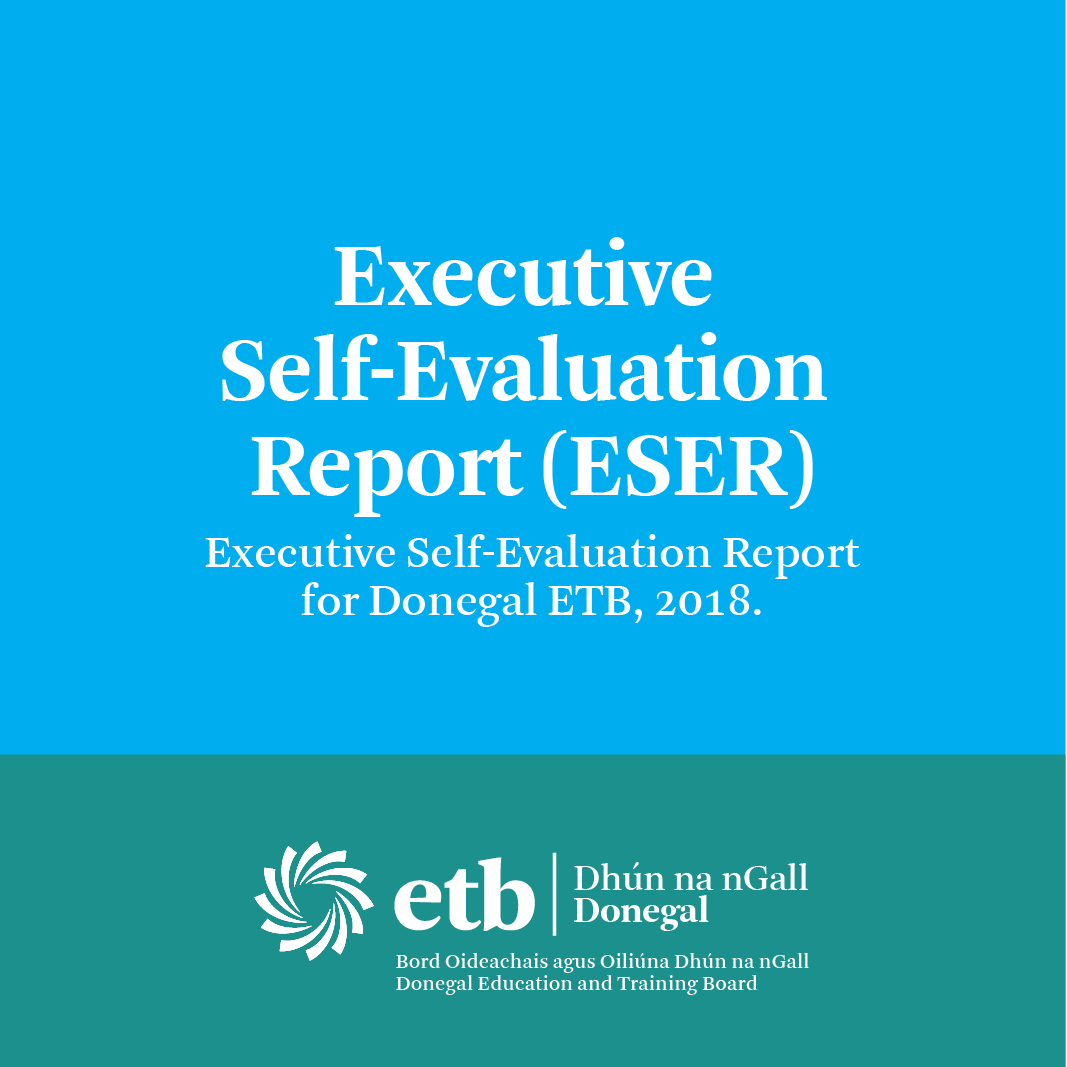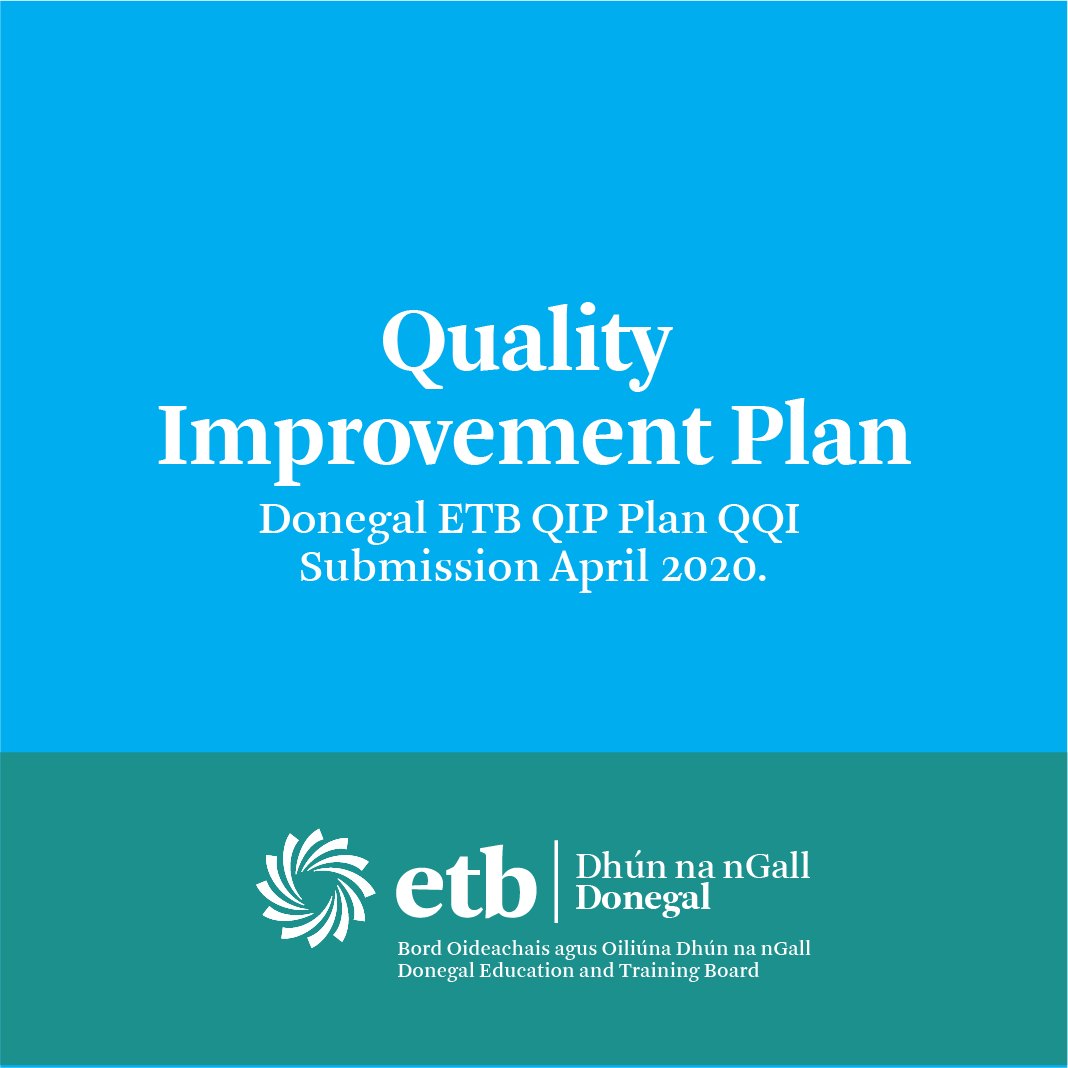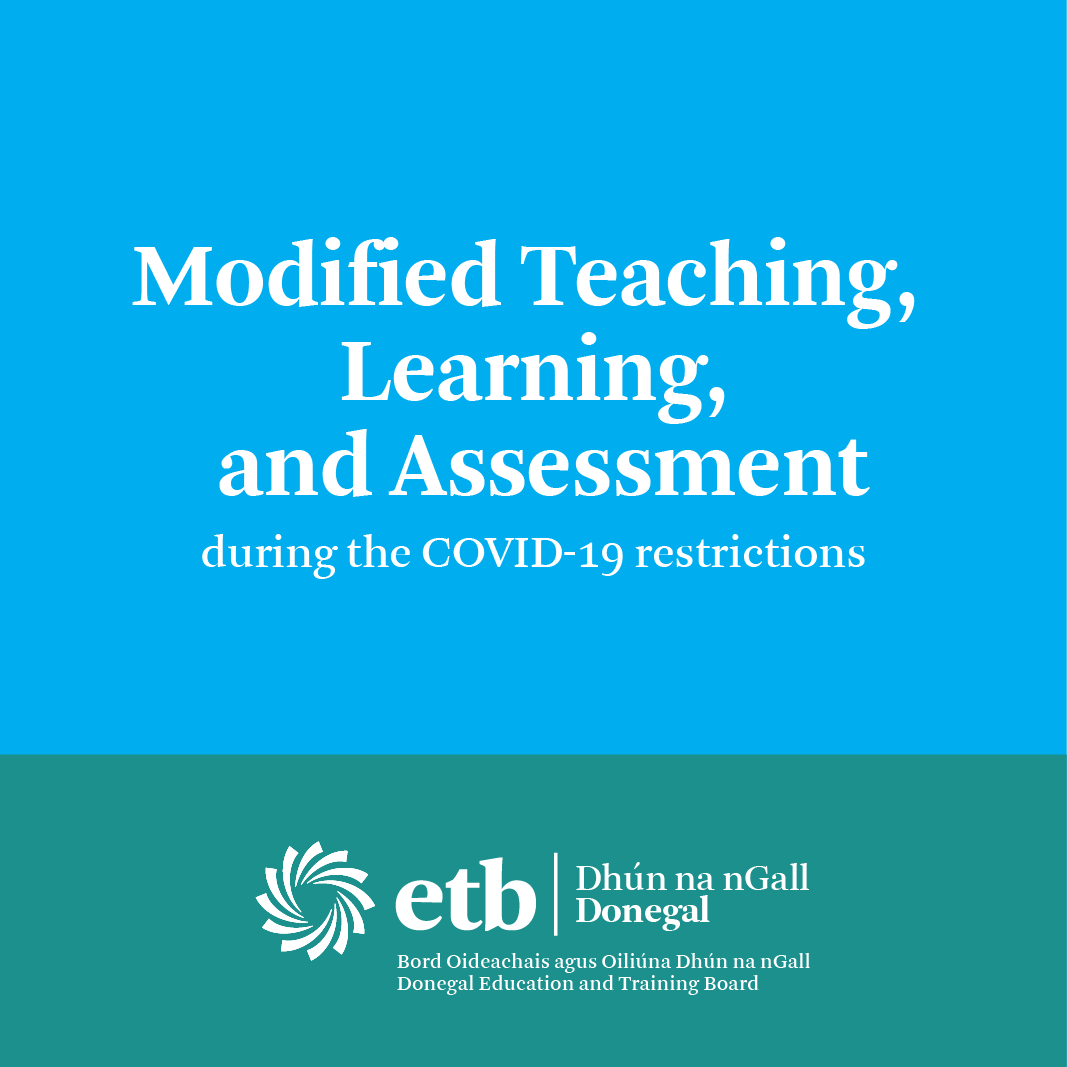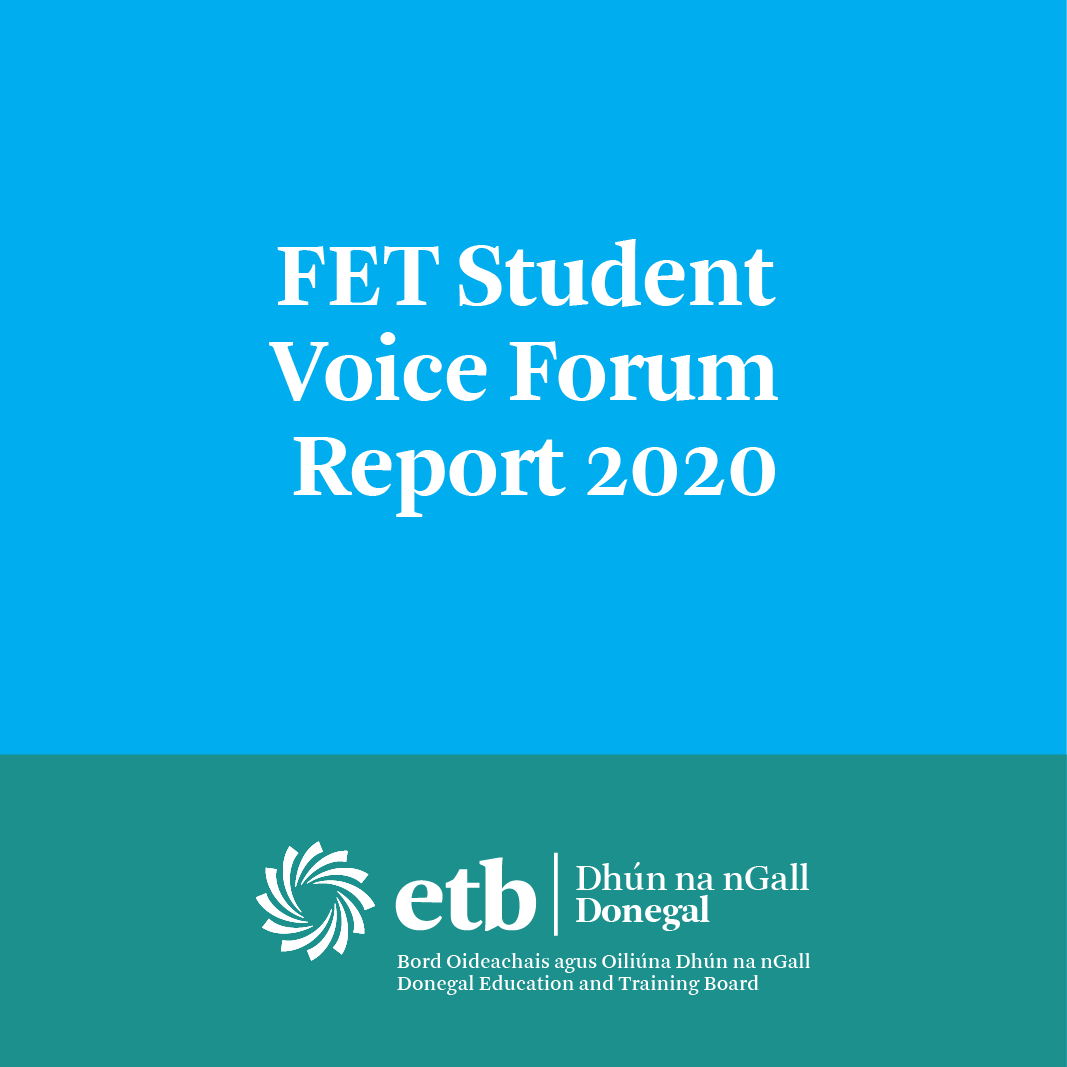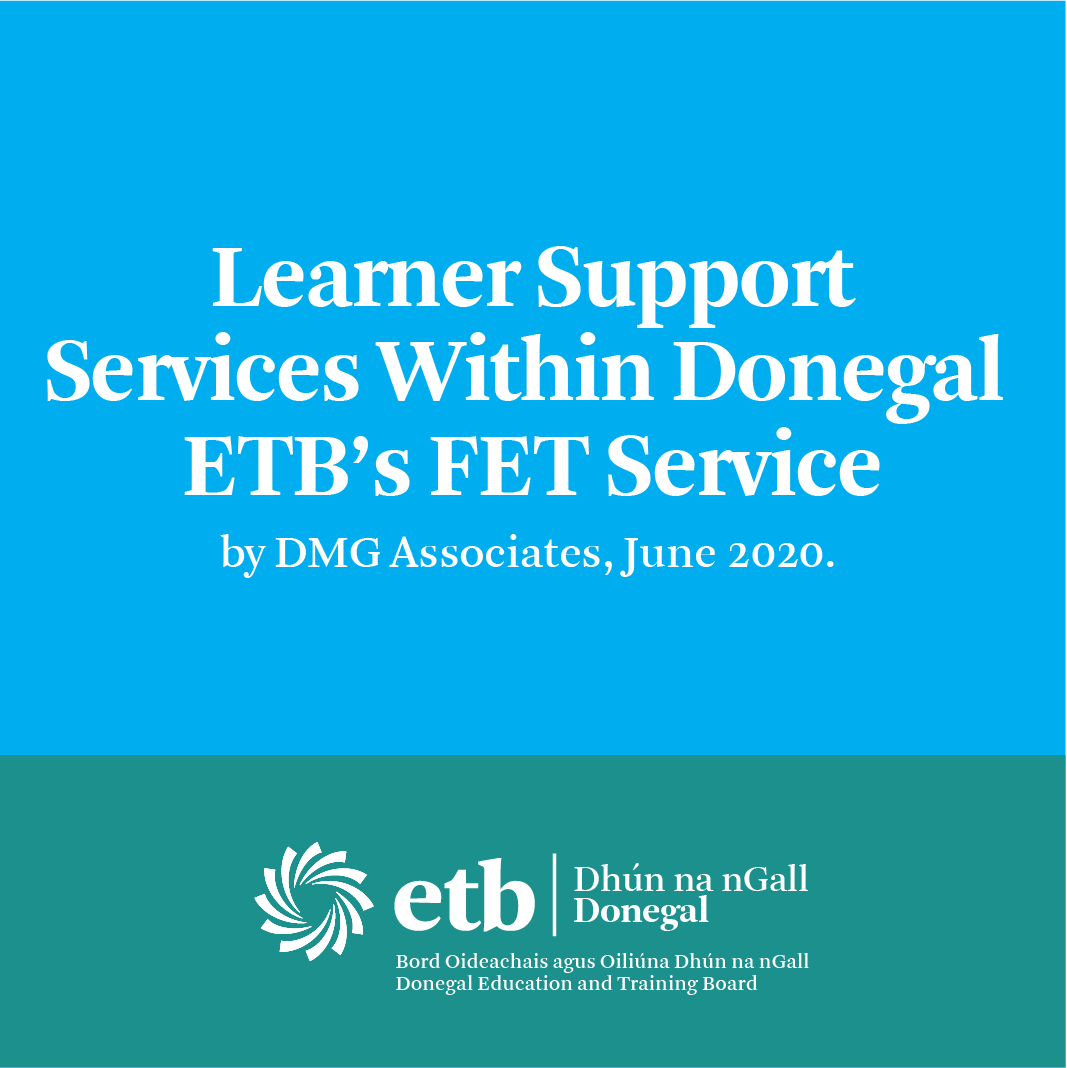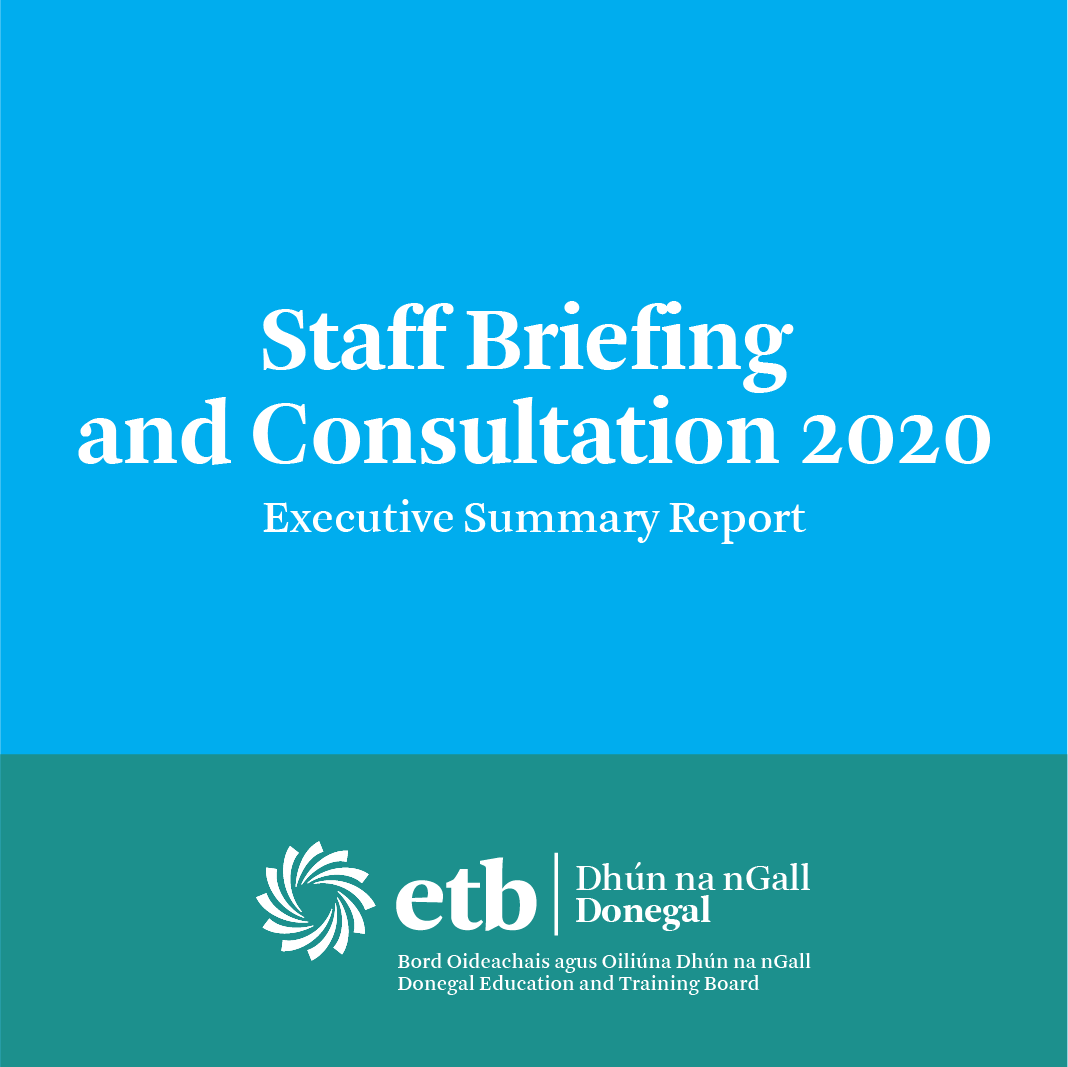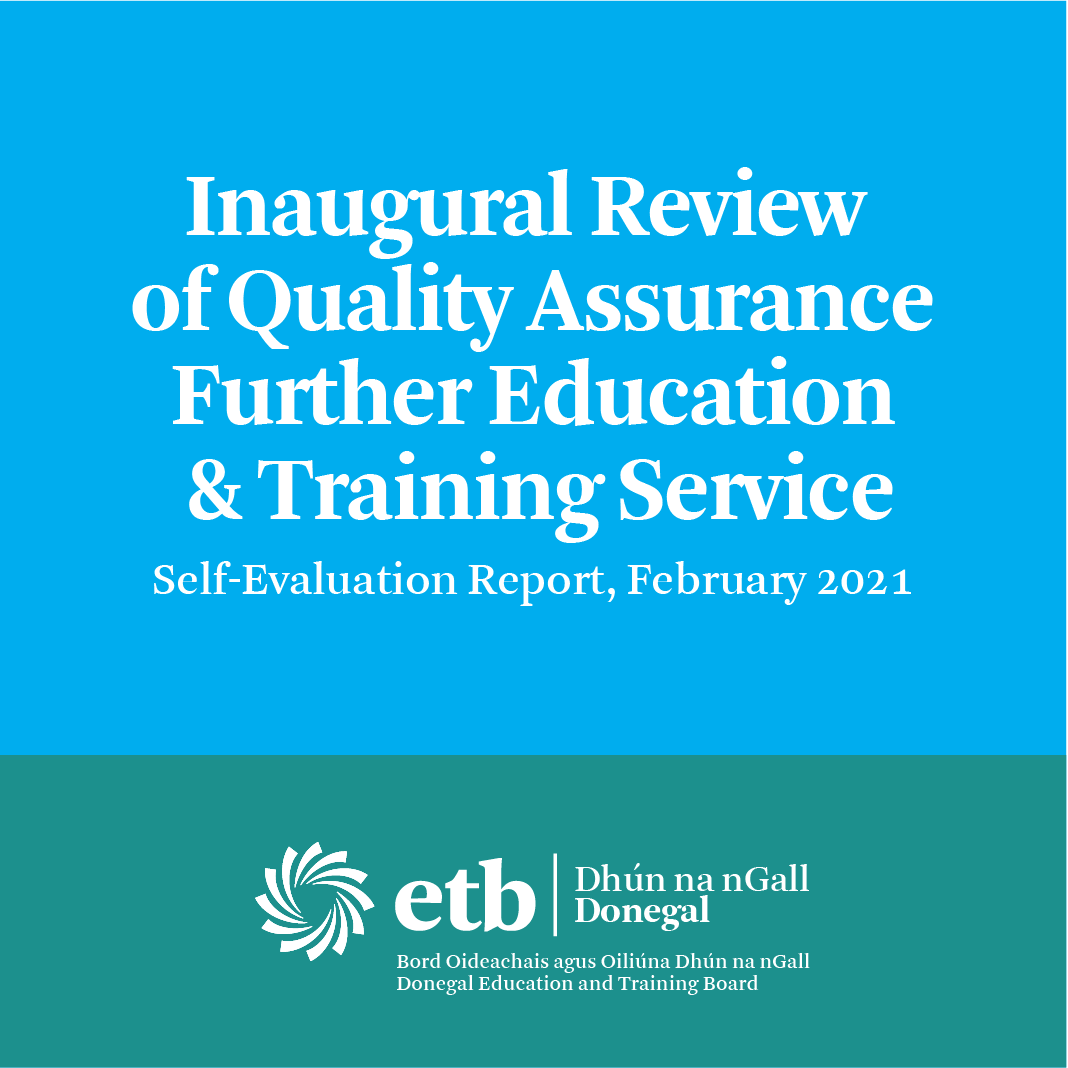Becoming a student with Donegal ETB: our admissions processes
Donegal ETB is committed to developing Access, Transfer and Progression policy which is common to all of its FET services and centres.
Typically, prospective students attend an interview to assess their suitability for the course for which they are applying. The admissions interview is usually conducted by the course coordinator and supplemented by the guidance and recruitment service. The purpose of the interview is to assess whether the student meets the entry criteria for the course where these exist, or to facilitate the student to find the course most suitable for their needs. Other, course specific, information is given to students upon entry to the course.
It is expected that any students seeking to access a particular course would have the knowledge, skills and competencies at the level of the National Framework of Qualifications www.nfq-qqi.ie indicated in the prospectus for access on to that programme. Where the student does not have a major award at the level indicated for access, life skills or work experience may be taken into account, as long as they possess the skills which would be required to allow them to participate successfully in the course. It is the responsibility of the course coordinator or other identified staff member, to determine that a prospective student has the knowledge, skill and competence to successfully participate on the course.
Donegal ETB is piloting the use of a basic literacy tool during the interview process to assist in identifying any literacy supports required.
Please contact the centre directly for further information about admissions procedures and course-specific admissions requirements.
Donegal ETB does not currently have agreed quality assured processes to support access to a programme through Recognition of Prior Learning (RPL) however students can be exempt from certain programme/course modules if they possess accredited prior learning and records of such.
On starting a course in Donegal ETB, students have an induction session/s in which they receive general information about the centre, as well as course-specific information such as modules to be covered, the course calendar and timetable, assessments and assessment deadlines. A FET programme specific student handbook outlines attendance policies and procedures, assessment policies and procedures, supports available to students, Learner code of conduct and expected behaviour, complaints procedure and other relevant information.
The Learning Experience and the Environment
Donegal ETB’s FET Service is committed to teaching and learning that is student-centred, flexible, and inclusive, in accordance with the ethos and values of the organisation.
Students on a course will be respected and treated in an equitable manner, in line with Donegal ETB’s commitment to equality. Centres organise activities to support a positive learning environment through activities such as field trips or guest speakers.
Technology Enhanced Learning (TEL)
Donegal ETB is committed to providing an ongoing and enhanced investment in technology-enhanced learning to support innovative teaching and learning practices. Actions include supporting the creation and sharing of digital resources for use in the classroom, use of virtual learning environments (VLEs) to support the learning experience, building staff capacity through CPD, expanding the ICT infrastructure and developing TEL Communities of Practice and networks.
Quality Assuring Work Experience and Work Placement
At Donegal ETB we believe that work experience is a valuable part of the learning experience, allowing students to get a taste of the realities of working in their chosen career. Therefore, most courses leading to a major award include a Work Experience or Work Practice module with a compulsory work placement.
Donegal ETB is committed to ensuring that the work-based learning environments that students experience as part of their work placements are appropriate.
Student Complaints
Where students have complaints, they are expected, in the first instance, to address them with the staff member concerned. If still unsatisfied, they may take their concerns to the course coordinator, and thereafter may appeal to the FET senior management team.
Donegal ETB has an assessment appeals policy in place and students are informed of the procedure for appealing an assessment result during induction.
Where students have complaints of a non-academic nature that are escalated to ETB-level, these are handled by the Donegal ETB’s Corporate Services Department.
Giving Feedback on the Learning Experience
Student feedback is an essential element to the life cycle of a course within Donegal ETB. Feedback is sought for most courses through mid-term and end-of-term evaluations, and the information gathered can be used to address issues arising throughout the course. It also informs future iterations of the course, (e.g. with respect to module choice etc.), as well as new course development. In addition, students can raise any concerns or feedback they may have about the course, with either the course teacher, tutor or instructor, or course coordinator at any time between the formal feedback opportunities.
The first Donegal ETB FET Service Student Voice Forum was introduced in February 2020 as a means of collecting and collating feedback from students across the service. This will be an annual event, used to inform the selfevaluation, monitoring and review process.


 Gaeilge
Gaeilge
